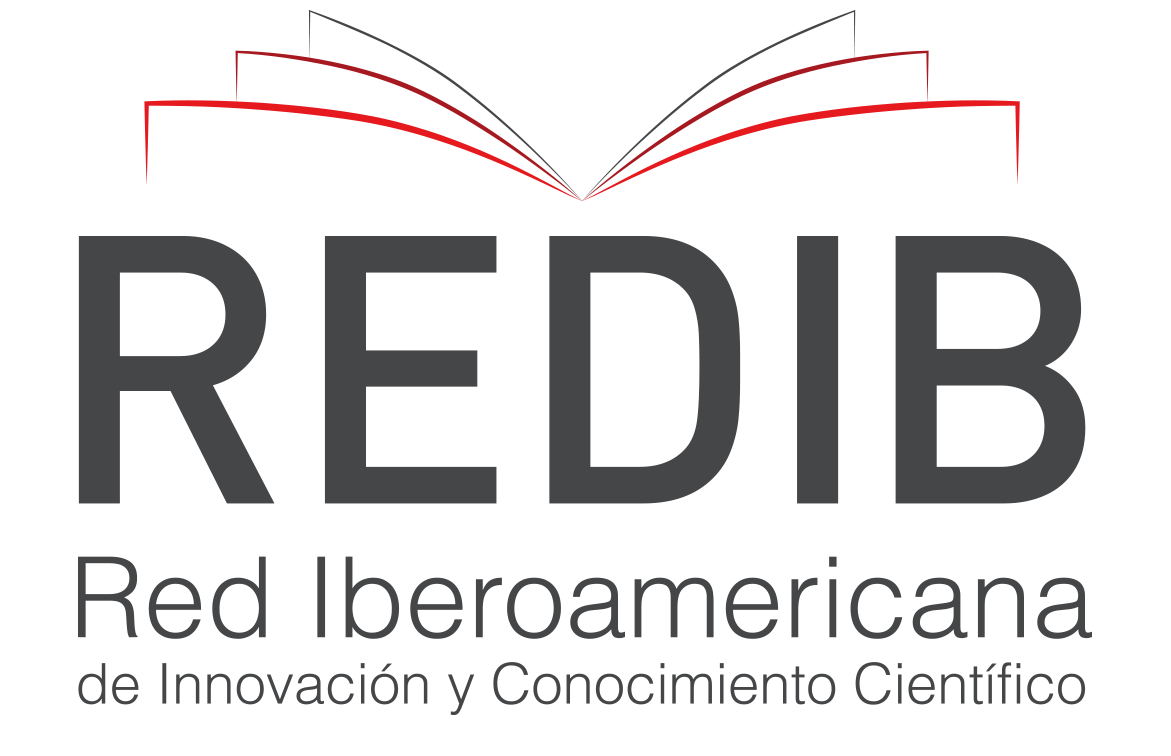DYSFUNCTIONS OF CUSTOM AS A SOURCE OF LAW IN THE ANGOLAN LEGAL SYSTEM: PROPOSAL FOR A CRITICAL JURISPRUDENCE
Keywords:
dissonances of custom as a source of law, the law of good reason, peoples, habitsAbstract
The custom in the Angolan legal system was elevated to the status of a source of law in 2010, with the entry into force of its Constitution, leaving without a solution numerous issues that its practical application in itself imposes. The CRA states in its art. 7 that the validity and legal force of a custom that is not contrary to the Constitution nor violates the dignity of the human person is recognized. This also means that as such it is on the same footing as the law, having done away with the distinction of custom contra legem, praeter legem and secundum legem, in light of the law of good reason.
However, based on the concept of Law, its delimitation, scope, reason for being and its functions, it can be inferred that customary law and customs in themselves are more for the identification of peoples than for regulating a society, as can be deduced from its concept, that is, as a set of practices repeated with the conviction of its validity. Therefore, as a source of law, it is questionable, if we start from its concept, especially considering the multiculturalism and the diverse customs that characterize the Angolan legal system, whose mosaic is made up of more than a hundred peoples, making up more than a hundred customs; being able to translate more than a hundred ways of looking at the law of a group of multi-ethnic, polytheistic, non-literate peoples with oral tradition. Which would certainly undermine the ideals of a unitary state.
References
Bronze, F. J. (2010). Lições De Introdução Ao Direito. 2ª Edição. Coimbra: Wolters Klumer.
Cordeiro, A. M. (2012). Tratado De Direito Civil I, 4ª Ed. Lisboa: Almedina.
Dias, J. D. (1999). Comentário Conimbricense Do Código Penal. Parte Especial. Livro Ii. Coimbra: Coimbra Editora.
Dias, J. D. (2007). Direito Penal. Parte Geral. Tomo I, 2ª Edição.. Coimbra: Coimbra Editora.
Grande Enciclopédia Universal, Vol. 14. (S.D.). Molagem Ormuz.
Hart, H. L. (2011). O Conceito de Direito. Trad. Ribeiro Mendes. Lisboa: Fundação Calouste Gulbenkian.
Machado, J. B. (2013). Introdução Ao Direito E Ao Discurso Legitimador. Coimbra: Almedina.
Mendes, J. D. (1961). Do Conceito De Prova Em Processo Civil. Lisboa.
Monteiro, A. P. (Novembro/Dezembro De 145). Interpretação E O Protagonismo Da Doutrina. Revista De Legislação E De Jurisprudência. Nº 3995, Pp. 66-77.
Montesquieu. (2011). Do Espírito Das Leis. Lisboa: Edições 70.
Neves, A. C. (2010). Digesta. Vol. 2. Coimbra: Coimbra Editora.
Neves, A. C. (2010). Digesta. Vol.3. Coimbra: Coimbra Editora.
Saraiva, J. H. (2009). O Que É O Direito. Lisboa: Gradiva.
Silva, C. A. (2004). Teoria Geral Do Direito Civil. Luanda: Coleção Da Fduan.
Valeriano, J. (2020). A Institucionalização Do Poder Tradicional Em Angola. Coimbra: Almedina.
Varela, J. D. (2012). Das Obrigações Em Geral. Vol., 10 Ed. Coimbra: Almedina.
Downloads
Published
How to Cite
Issue
Section
License
Copyright (c) 2025 BERNABÉ NGONGO

This work is licensed under a Creative Commons Attribution-NonCommercial-ShareAlike 4.0 International License.

























